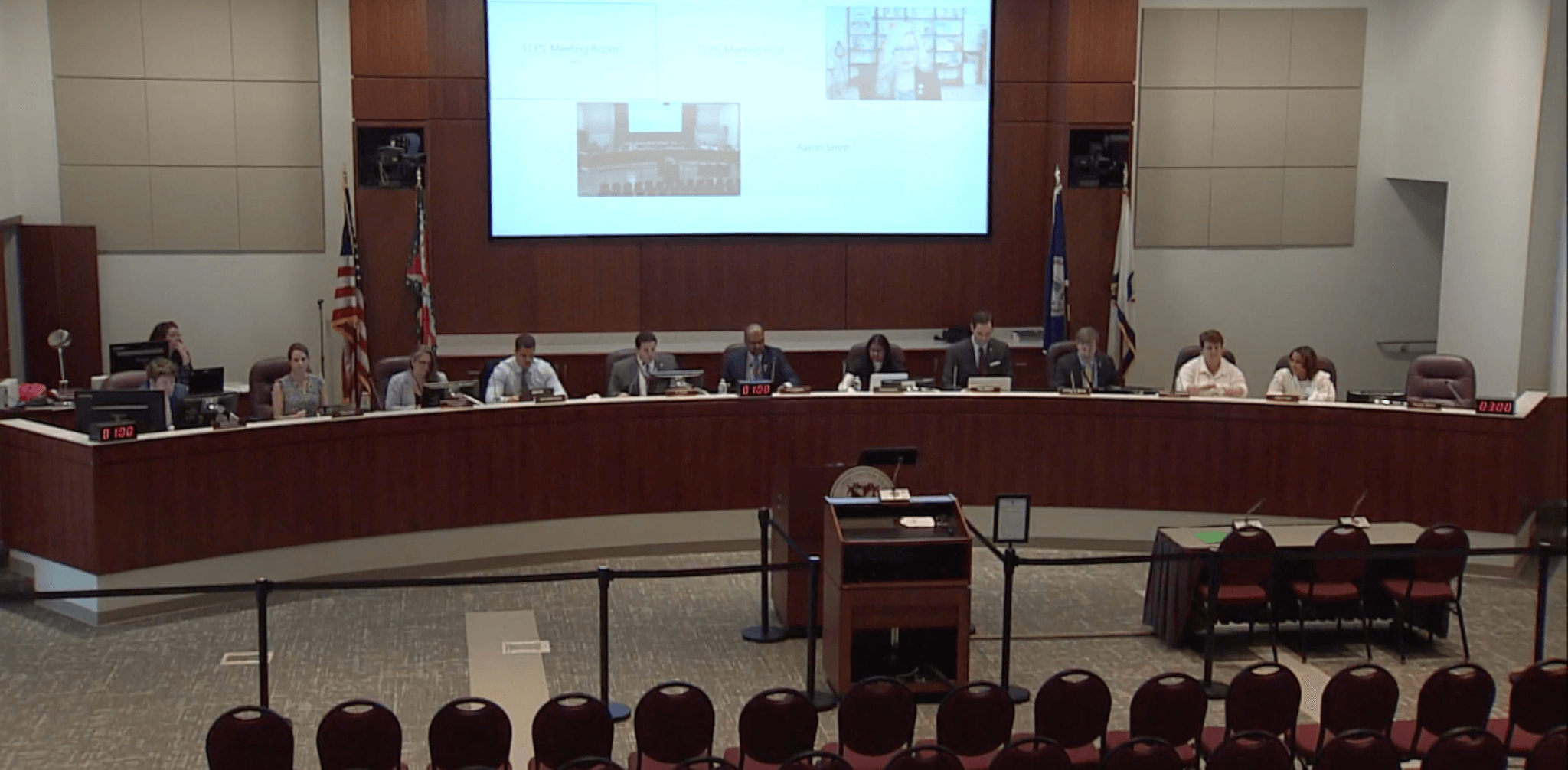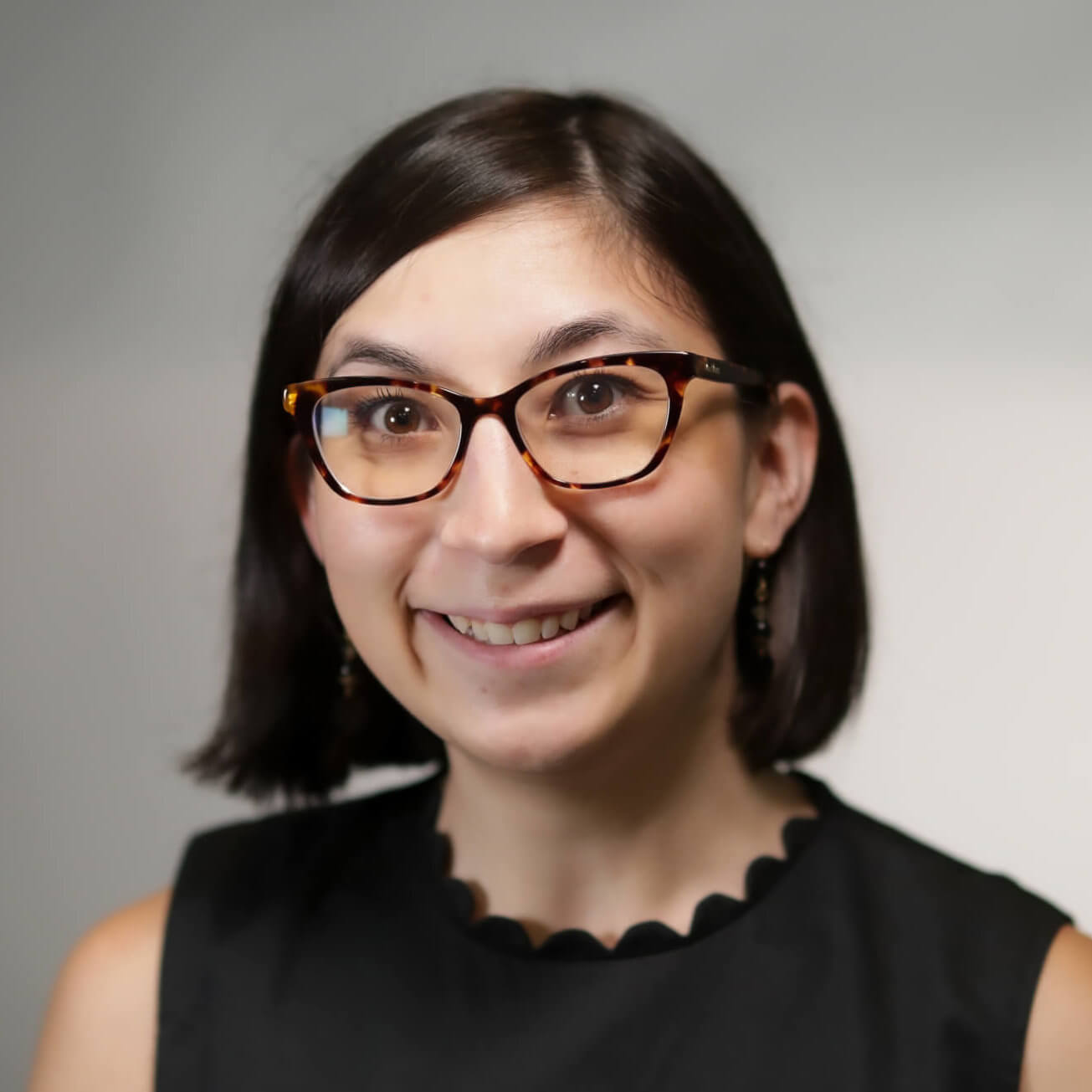
A screenshot of the Feb. 28 Loudoun County School Board meeting.
During a heated discussion at the Feb. 28 Loudoun County School Board meeting, one school board member claimed that “American Marxism” was being taught in Loudoun County schools as part of a curriculum designed to help with social-emotional learning.
It all started when board member Atoosa Reaser introduced a proclamation to acknowledge Social-Emotional Learning (SEL) Day on March 10, 2023, in all Loudoun County Public Schools (LCPS).
For those unfamiliar with SEL, it’s a process where young people and adults “acquire and apply the knowledge, skills, and attitudes to develop healthy identities, manage emotions, and achieve personal and collective goals.” SEL also helps people learn, feel, and show empathy for others, establish and maintain supportive relationships with others, and helps people learn to make responsible and caring decisions.
It’s used in schools in part because it helps with students’ overall learning in the classroom. Think of it like this: if a student gets angry and frustrated they can’t figure out a math problem on the first try, it’s more difficult for them to learn. By better understanding their own emotions and how to manage them, they can remove distractions and better take in their education.
Reaser noted that SEL helps foster community-building in a school environment, and that such learning environments can help foster equitable opportunities for all students, and it isn’t something that’s taken away from other students.
Reaser then briefly spoke to public comments that the board had heard earlier, specifically with regard to opportunities. In her opinion, “opportunity is not a limited resource; giving it to someone doesn’t mean you’ve taken it away from anyone else.” She also noted that there are opportunities that exist for all students in the LCPS community, later noting that the board should be speaking out about public comment being exploited to create “taboo three-letter words” in LCPS.
Fellow board member Tiffany Polifko made it clear that she would not support the proclamation, claiming that SEL has become “hijacked” by companies that are “making an extreme amount of money off of the product they are selling.”
She went on to make claims about the SEL curriculum (“the product”) LCPS was using, baselessly asserting that it “teaches them about critical race theory.” It does not.
The product in question is called Second Step, and Polifko notes that it has been affiliated with the Southern Poverty Law Center’s Learning for Justice, which she described as an organization whose mission is to be a catalyst for racial justice in the South and beyond and to dismantle white supremacy (to be clear, she thinks these are bad things for SPLC to be doing).
She also claims that learning about such topics is in violation of Title 6 of the Civil Rights Act of 1964, and that it goes against Governor Glenn Youngkin’s Executive Order One.
Executive Order One was one of the first policies the Youngkin Administration put into place, which prescribed an end to “the use of inherently divisive concepts, including Critical Race Theory (CRT), and to raise academic standards” in the commonwealth’s public schools.
However, CRT is not taught and has never been taught in Virginia’s schools. Nor is it a part of SEL learning.
Learning For Justice was originally founded as Teaching Tolerance in 1991 and focuses on its mission by working with educators, students, communities, and caregivers in four areas: culture and climate, curriculum and instruction, leadership, and family and community engagement. It provides free educational resources like articles, guides, lessons, films, webinars, and more to schools.
Unlike Learning For Justice, Second Step is a program schools pay for that was originally created by the Committee For Children where researchers, policymakers, and thought leaders have teamed up with the nonprofit since 1979 to help create social-emotional learning curriculum that is “culturally relevant, affirming, and accessible to all children, especially the most systemically marginalized children.”

VIDEO: Your support matters!
Your support matters! Donate today. @vadogwoodnews Your support matters! Visit our link in bio to donate today. #virginianews #virginia #community...

Op-Ed: Virginia’s new Democratic majorities pass key bills to improve your lives, but will Youngkin sign them?
The 2024 Virginia General Assembly regular session has wrapped up. It was a peculiar session from the outset, with Democratic majorities in the...

Op-Ed: Why Virginia Needs A Constitutional Amendment Protecting Reproductive Freedom
Virginia’s recent election season in 2023 drew in eyes from all over the country. Reproductive freedom was on the line and Virginia remained the...

From the state rock to the state flower, here’s how Virginia got its symbols
Have you ever wondered why the Dogwood is the state flower? Or how the cardinal became the state bird? We’re here to answer those questions and more...

VIDEO: Second-gentleman Douglas Emhoff gives speech on reproductive freedom
Second gentleman, Douglas Emhoff touched on reproductive freedom not only being a woman's issue but "an everyone's issue" during the Biden-Harris...

Glenn Youngkin and the terrible, horrible, no good, very bad night
Election Day 2023 has come and gone, and while there are votes to be counted, one thing is perfectly clear: Virginians unequivocally rejected Gov....





